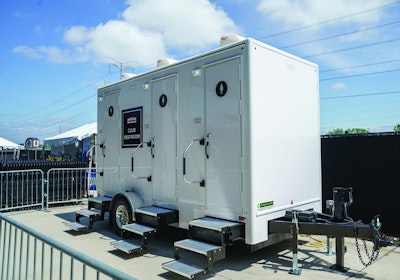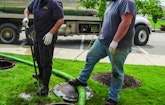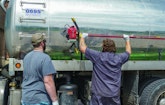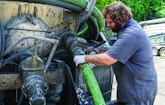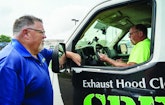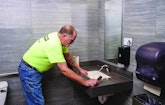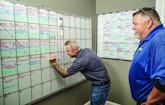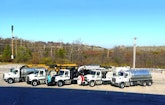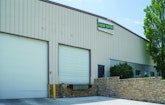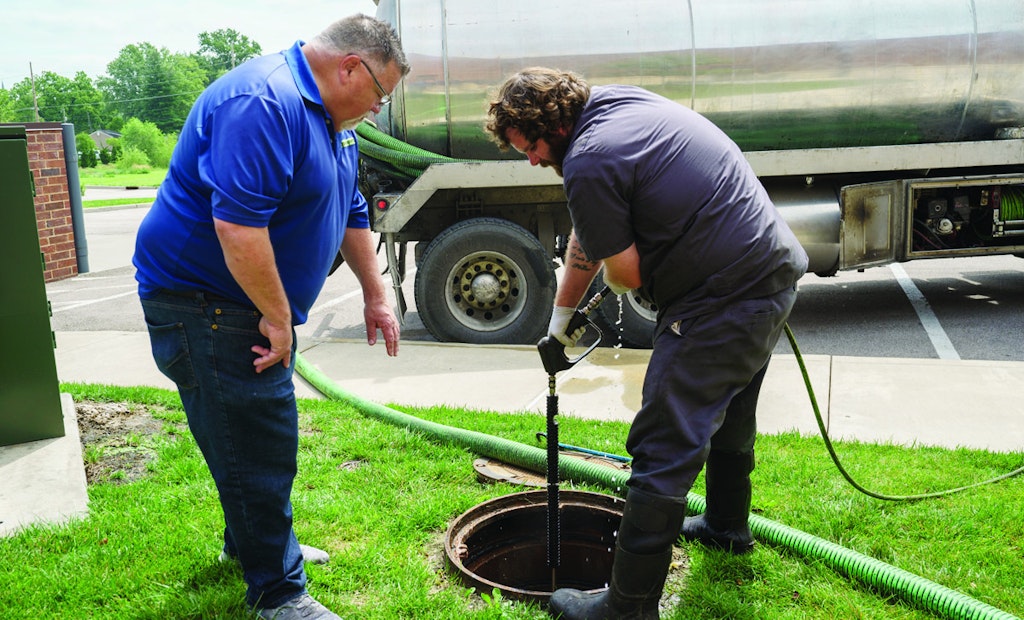During the last decade or so, a lot of things have changed at Grease Masters. But two important things have remained constant for the multi-million dollar-a-year company located in suburban St. Louis: An unerring focus on service diversity and annual double-digit growth for the...
Service Bundling Is a Key to the Long-Lived Success of Grease Masters
Metro St. Louis cleaning company continues to wage a war on fats, oils and grease with efficient disposal and recycling strategies
Popular Stories
Discussion
Comments on this site are submitted by users and are not endorsed by nor do they reflect the views or opinions of COLE Publishing, Inc. Comments are moderated before being posted.
